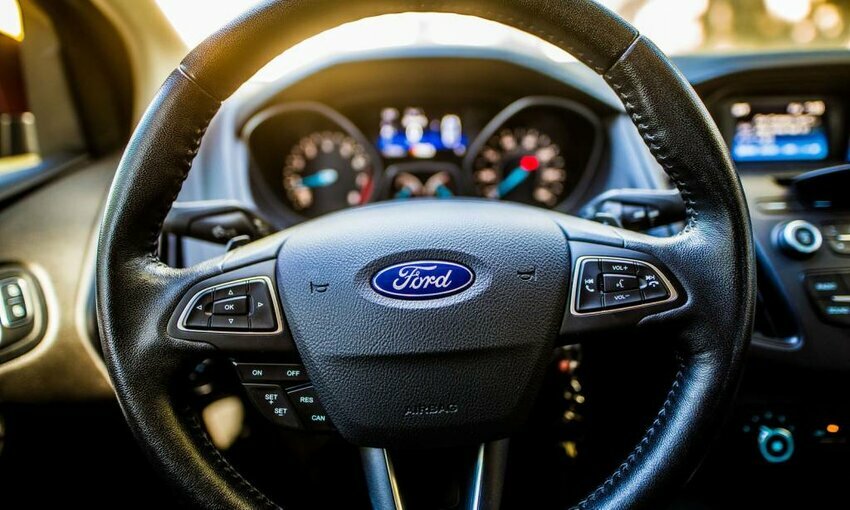 (Credit: Canva Pro)
(Credit: Canva Pro)The Department of Energy said it will loan up to $9.2 billion to a joint venture from Ford Motor Company and SK On, a Korean EV battery manufacturer, to ramp up electric vehicle production in the United States. The funding will go to the construction of three manufacturing plants one in Tennessee and two in Kentucky – to produce batteries for Ford’s future electric vehicles (EVs).
The loan amount is the biggest ever from a federal program and comes at a time when the Biden Administration is focused on investing in domestic manufacturing of technologies for clean energy. Namely, the administration has a goal of EVs representing at least 50% of all new car sales by 2030, reaching net-zero electricity by 2035, and a net-zero economy by 2050.
The loan is designated for BlueOval SK (BOSK), the joint venture between Ford and SK On, which began in 2021 with an $11.4 billion investment to create the largest battery production plant in the U.S. The funding from the DOE will replace part of that investment. In the joint venture, Ford originally planned to put up $7 billion.
The campuses as part of that partnership are expected to be in production in 2025, the companies said in 2021. SK has been investing billions in funds for clean energy, fuels, and batteries in the U.S. over the past several years, including a June 2022 pledge to invest up to $30 billion through 2025.
The three plants as part of the DOE loan will enable more than 120 gigawatt hours of U.S. battery production annually, displacing more than 455 million gallons of gasoline per year for the vehicles using these batteries. In addition, the DOE said the project will create roughly 5,000 construction jobs in Tennessee and Kentucky, and 7,500 operations jobs once the plants are up and running.
The $9.2 billion loan is one of several recent LPO conditional commitments under the Advanced Technology Vehicles Manufacturing Loan Program in the last year. The next largest recent loan project by the DOE behind BlueOval was a $2.5 billion loan to Ultium Cells in November 2022 to fund new lithium battery manufacturing facilities for EVs.
The program offers loans to projects related to fuel-efficient vehicles and eligible component manufacturing in the U.S. The latest projects have spanned mineral processing, battery manufacturing, and battery recycling. Certain conditions must be met before the DOE will fund the project with the BlueOval JV and issue a final loan.
Ford was also given a $5.9 billion loan in 2009 under ATVM to upgrade 13 facilities in Illinois, Kentucky, Michigan, Missouri, New York, and Ohio that would improve fuel efficiencies and preserve jobs. The loan has been fully repaid, according to the DOE.
Private companies like Ford and SK may find these types of federal loans more favorable to the private sector as the interest rate is equal to the applicable U.S. Treasury rate for the term of the loan with no credit spread. Plus, the loans offer low closing costs and flexible, custom financing terms. To date, the DOE's Loan Programs Office has provided more than $30 billion in debt financing, according to the agency.
Ford can also take advantage of a new $45 per kilowatt battery production tax credit created in the Inflation Reduction Act signed into law in August last year. The bill included the Advanced Manufacturing Production Credit, with tax credits for domestically manufactured battery cells and modules.